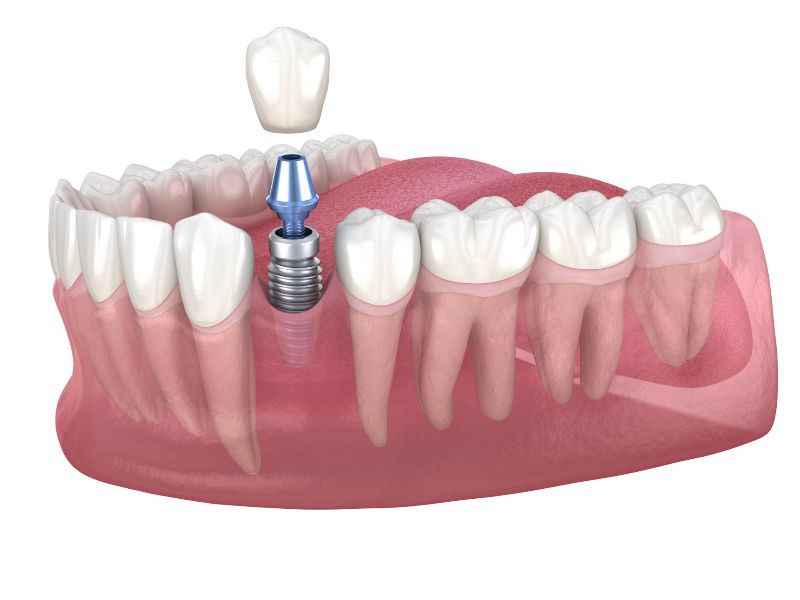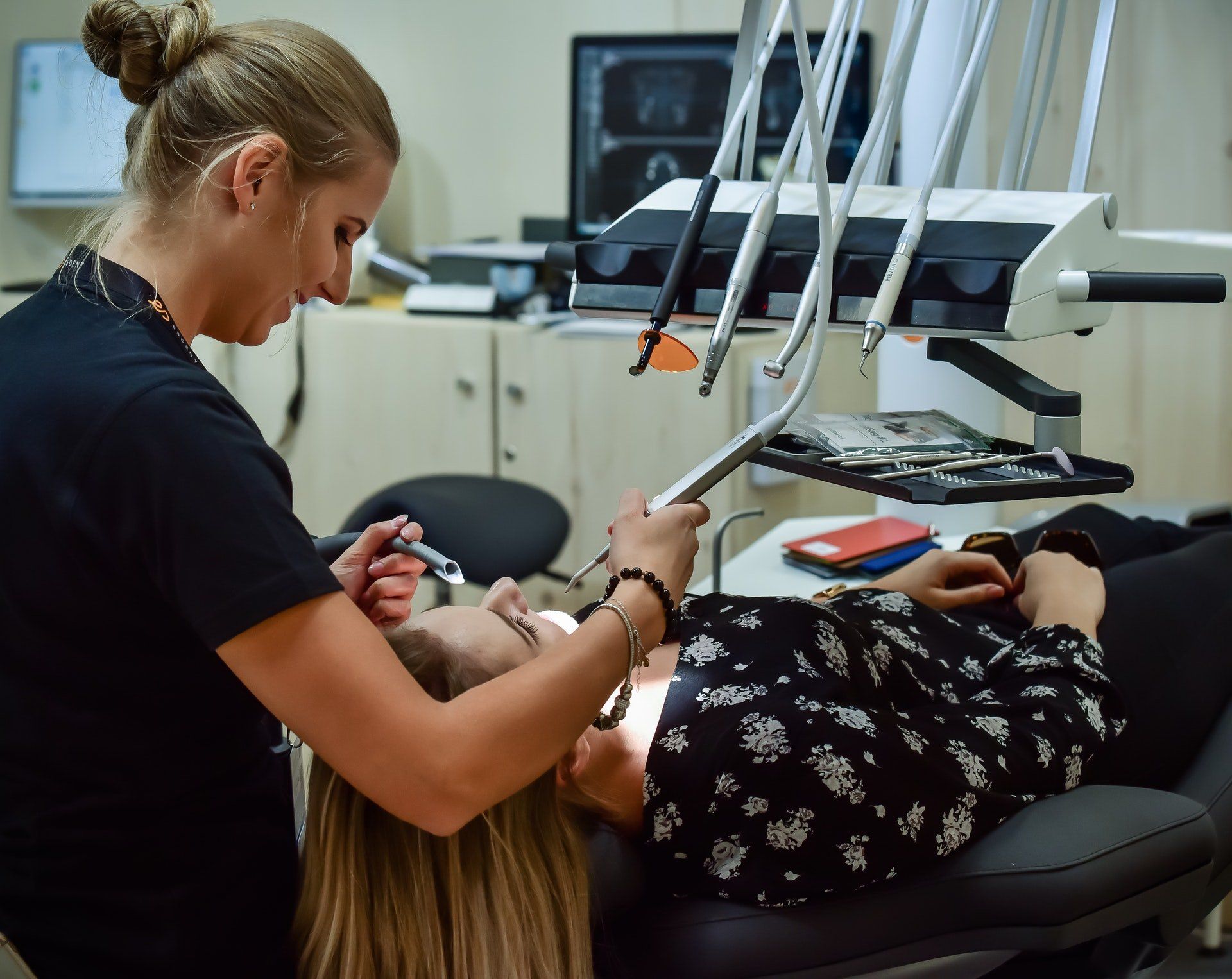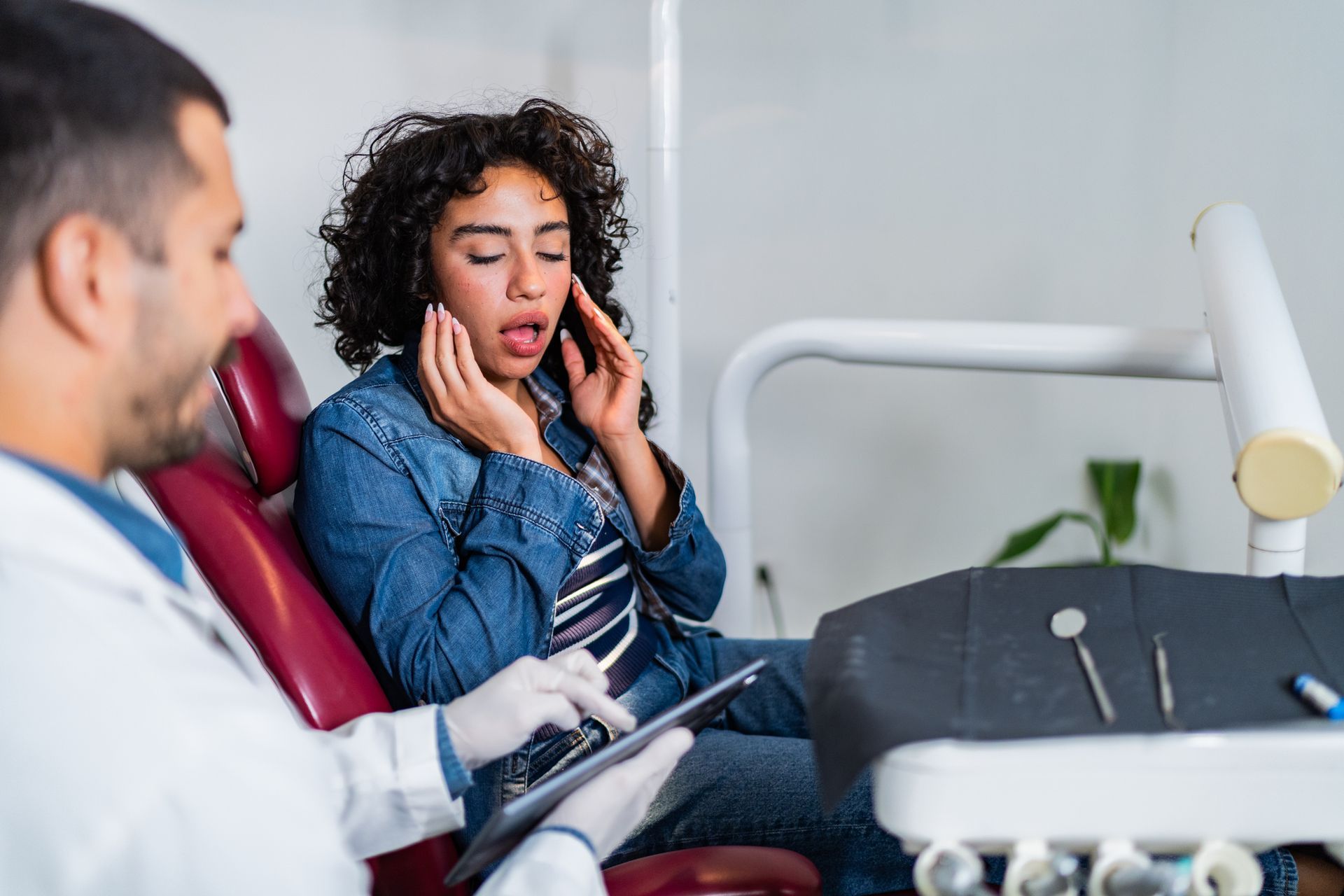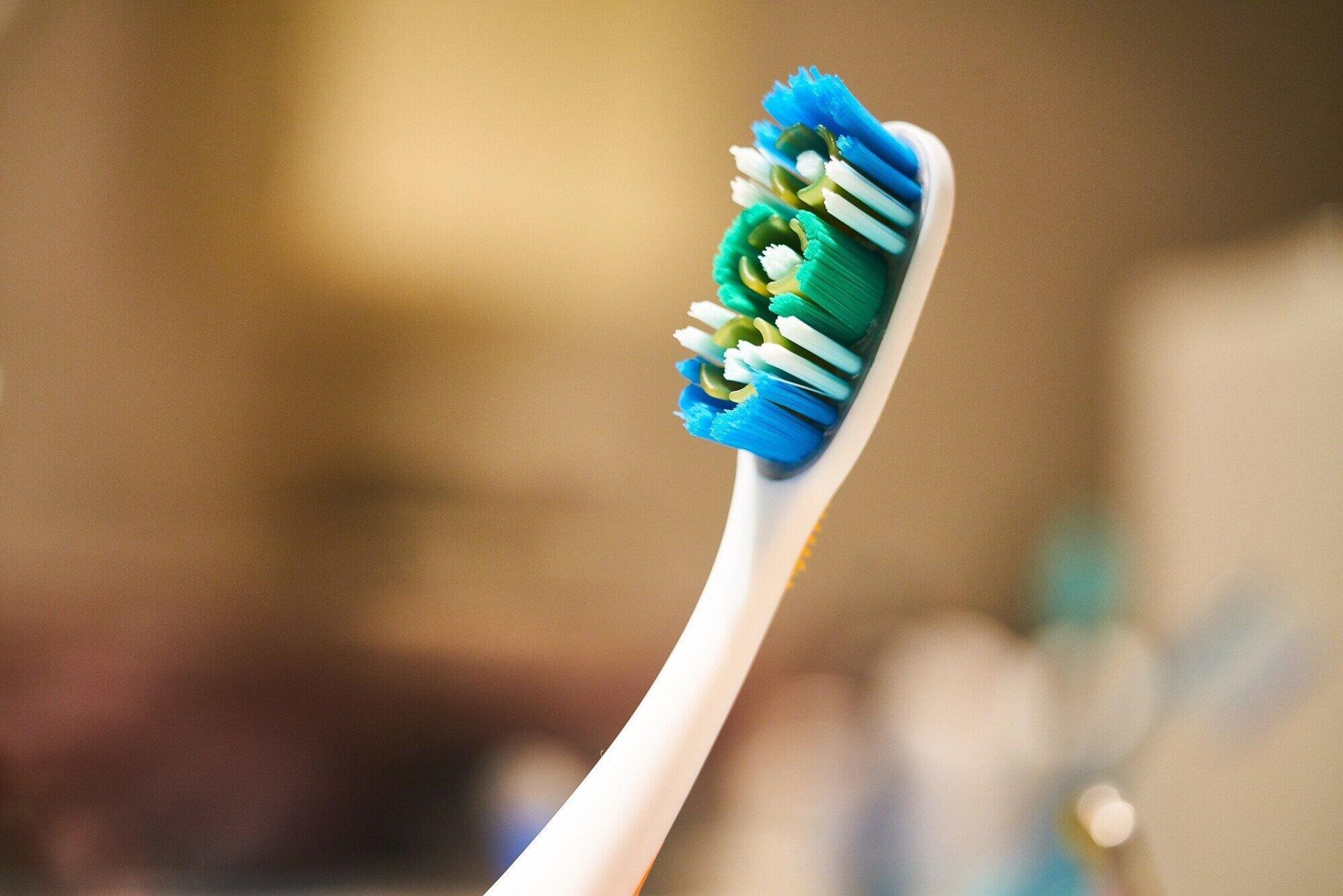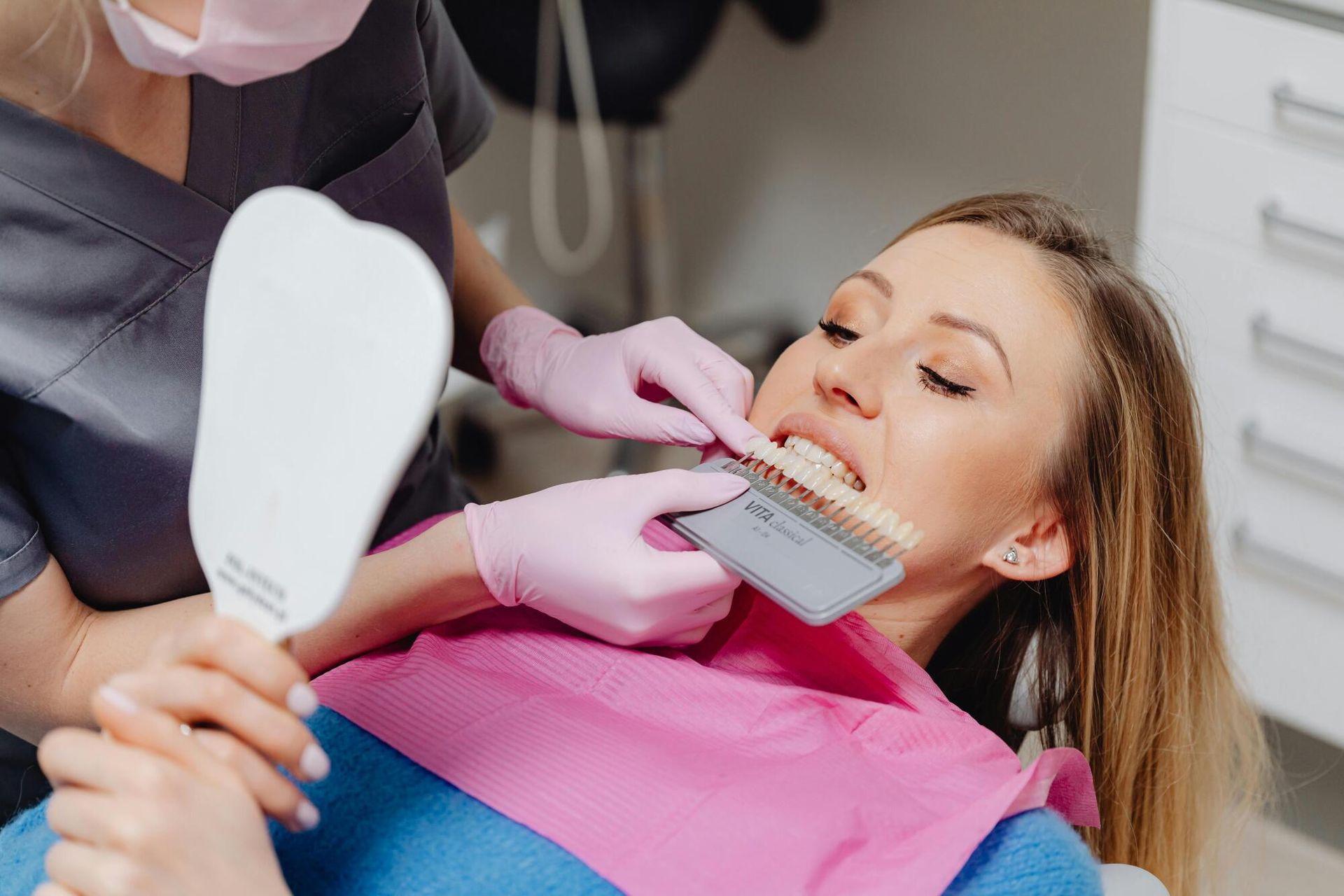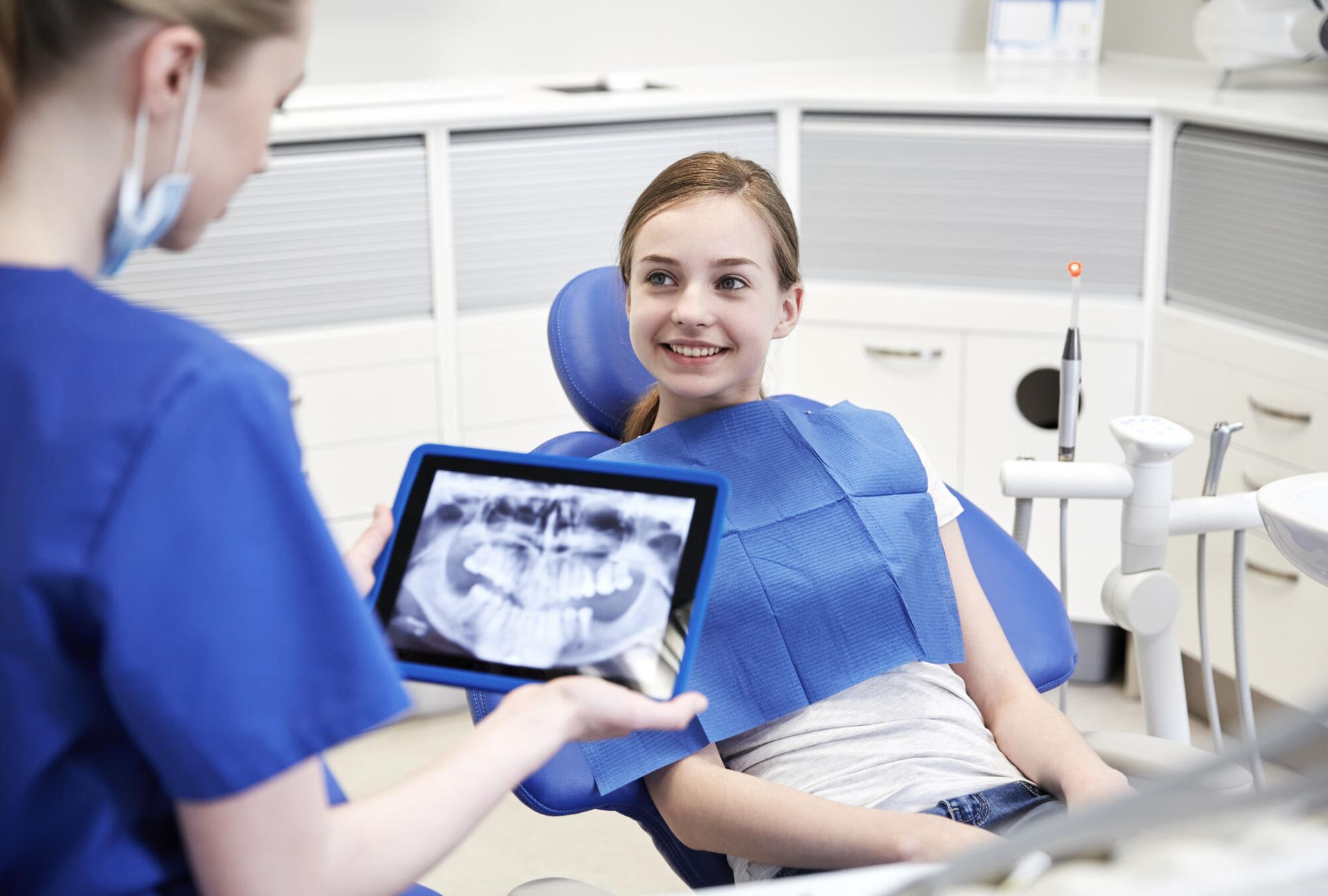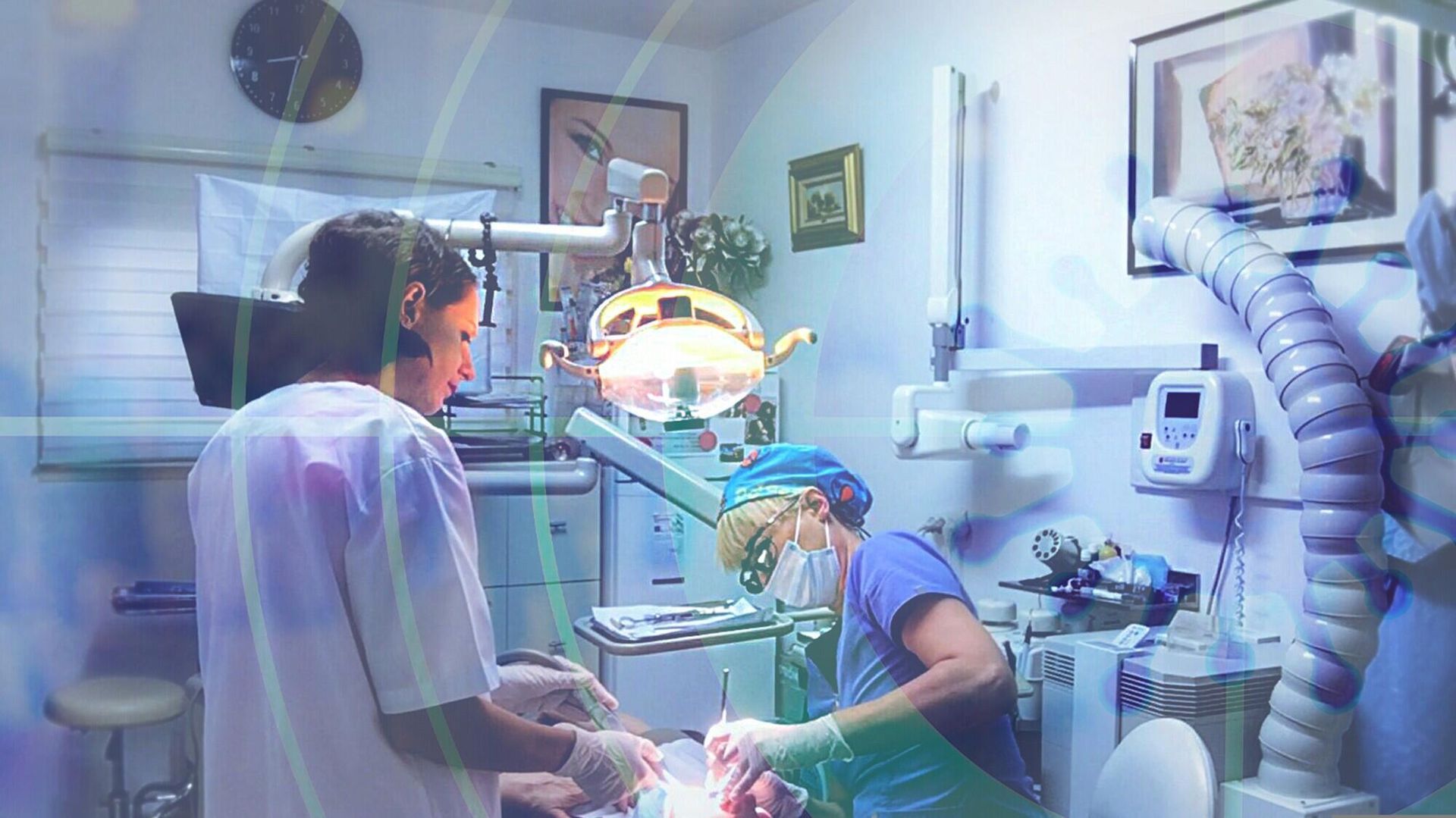How to Build the Best Oral Hygiene Routine
Haven't visited your dentist in Fort Mill SC in a while? You're not unlike close to 40 percent of Americans who haven't been inside of a dental office for at least a year.
Not going to the dentist and not taking appropriate preventative care measures sort of go hand-in-hand. So, the first thing you need to do is set an appointment for a cleaning as soon as possible. But after that, it's time to get serious about your routine. In this article, we look at how you can make time for a strong oral hygiene game, and what that actually looks like. Let's begin!
Set Aside Time For It
Treat developing an oral hygiene routine as a priority. That means prioritizing your time for it.
Just how much time do you need? Plan to brush for four minutes at a time. Try to brush after every major meal.
Next, factor in flossing (five to 10 minutes per session) and mouthwash (30-60 seconds). All told, you'll need about 30-45 minutes broken up throughout the course of the day.
Understand Repercussions
Thirty to 45 minutes isn't much when you're breaking it up over three sessions. Everyone can find that amount of time for things that matter.
And oral hygiene should matter! If it doesn't, then you really need to understand the repercussions of not doing it. These can include:
- Expensive dental procedures
- Pain and discomfort
- Passing along poor dental hygiene practices to your children
- The possibility for long-term illnesses to develop
Dental care is healthcare. It needs to be prioritized.
Commit To The Scheduling
All it takes to get started is a little scheduling. You've probably already got some time set aside for it during your morning and bedtime routines.
Consider keeping dental care supplies at your office for a quick trip to the restroom during lunch or one of your breaks. With a little scheduling and planning, you won't even notice the intrusion.
Get Started
Don't worry if you're not the best flosser or you're unsettled on a toothbrush, toothpaste, or mouthwash. Just start where you are.
Maybe you're not brushing or rinsing long enough. Perhaps you're just spot-flossing in the beginning. Anything you can do to get familiar with the processes will make it go that much smoother down the line.
Speak To Your Dentist
Your dentist in Fort Mill SC can offer suggestions for how to floss, strong brushing techniques, and non-alcoholic mouthwashes if you'd prefer. Come to
your cleaning equipped with questions.
Get Better
Take what you've learned from getting started and from what your dentist has shared. Commit to incorporating that knowledge and experience into your future routines. In other words, strive to get better!
Otherwise, you could fall back into those old routines (or no routines at all). And that will not bode well for your dental health moving forward.
So What Does The Best Oral Hygiene Routine Look Like?
In the first section, we touched on positive oral hygiene practices and how to make time for them. In this portion, we'll be going further into the practices themselves. What does the best oral hygiene routine include?
Floss Sandwiches
Metaphorical sandwiches, of course! What we mean by a floss sandwich is to floss before you brush and floss afterward. (Sadly,
58 percent of people don't floss at all!) This is good dental hygiene because it allows you to break up plaque and tartar from between the teeth before you brush. Next, brush. Finally, go back through one more time with a new strand of floss to get anything that might be left over.
Brushing After Every Meal
It may not be practical to brush every time you eat something. That's especially true when you're eating five to six times per day as some diets require. But you will typically have two to three "anchor" meals throughout the day. Make sure you follow these up by brushing for two to four minutes.
Using Mouthwash
This aspect of dental care isn't something that has to be done every time you brush. You can save it for one or two times per day if you'd like. But there are all kinds of mouthwashes out there (both with and without alcohol) that can zap the harmful bacteria from your mouth. Swish it around in your mouth for at least 30 seconds per session. Rinse with water. The more you do it, the healthier your mouth's ecosystem will be.
Staying Away From Added Sugars
Those miniature chocolates on your co-worker's desk have got to go. Try to eliminate as many added sugars from your diet as you can. These affix to the teeth and in between them. They also dry out your mouth and create a hospitable environment for harmful bacteria, leading to unpleasant outcomes like tooth decay and gingivitis (bleeding gums).
Cut Out Smoking
Smoking further weakens enamel and expedites tooth decay. It can also lead to a number of mouth and body cancers that can prove lethal in time. The good news is that the effects of smoking can be reversed to a certain point. However, you have to commit to quitting. Seek help however you can. Many patches, gums, and other products on the market will help you wean yourself off, but you have to first be willing.
Limit Alcohol Intake
Alcohol isn't just bad for your "regular" health, causing things like cirrhosis, alcoholism, and poor decision-making. It's also bad for your oral health. Alcohol is very high in added sugars. That's probably why you wake up the next morning feeling like you don't have any saliva left in your mouth. This dry environment is a breeding ground for bacteria. Like smoking, it will lead to dental and other diseases, discolor the teeth, and weaken gums.
Remember That Your Dentist In Fort Mill SC Is Here To Help
We hope by now that you understand what the best oral hygiene routine looks like and how to implement it. It's all about educating yourself as to the practices and making the time (that's already there) in your daily schedule.
Need any more help than this? Talk to your dentist in Fort Mill SC. Core Dentistry is a highly trained and credentialed practice that can provide help with everything from preventative care to treatments for gum disease, fillings, crowns and bridges, root canals, teeth whitening, and various dental emergencies.
Dr. Liz has provided quality care throughout the US since 2013, and she is ready to help you with your dental needs.
Make an appointment today!




